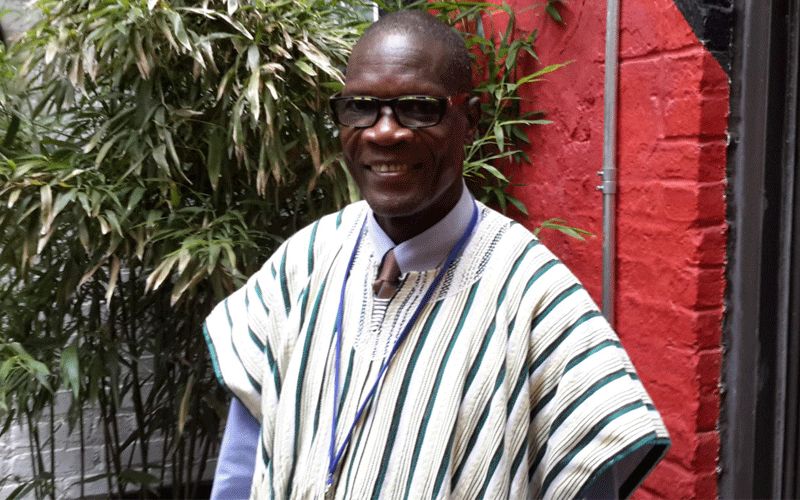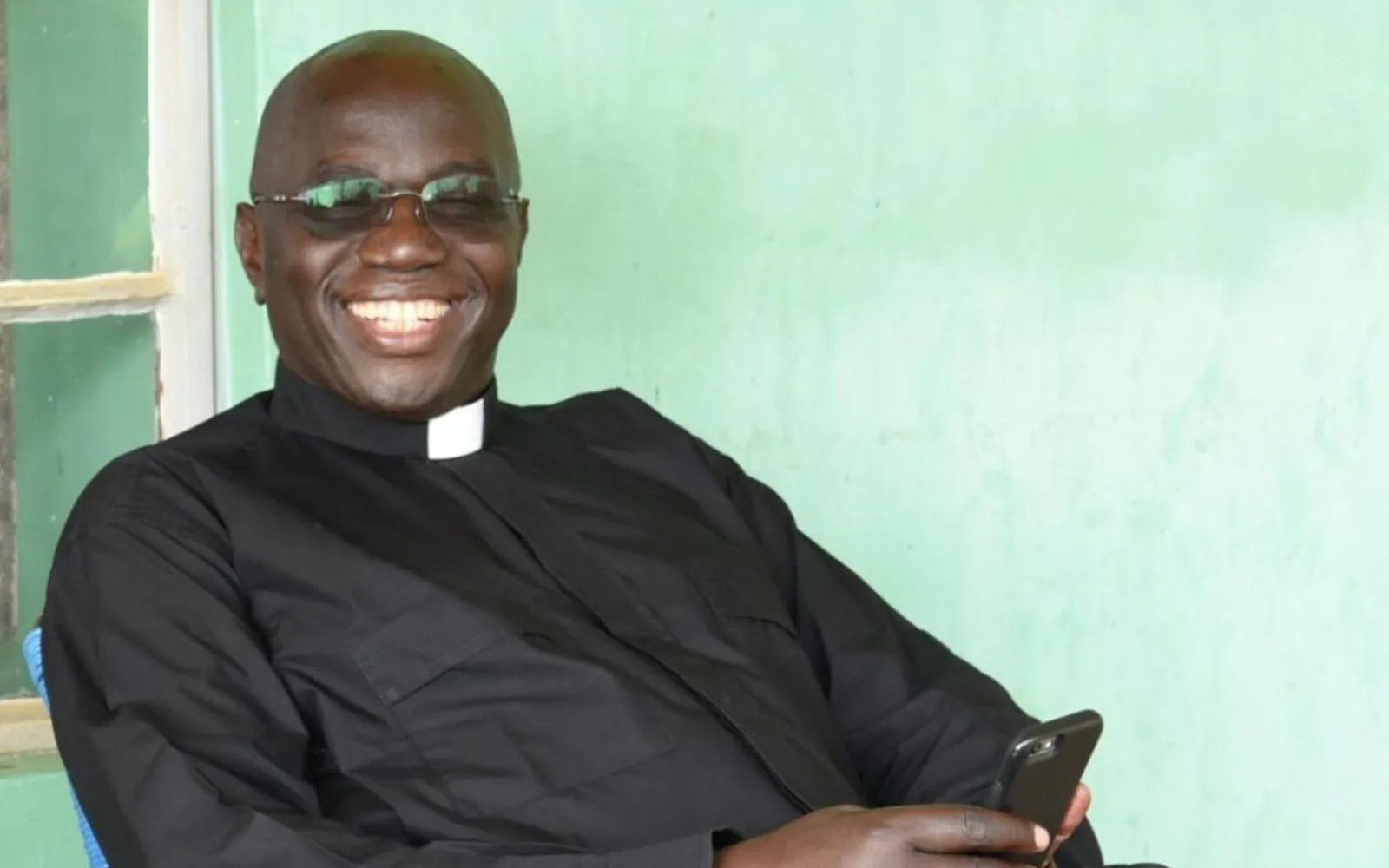Accra, 05 August, 2020 / 7:26 pm (ACI Africa).
In preparation for the 2020 General Elections in Ghana, Caritas Ghana has embarked on the process of bringing Faith-Based Organizations together to help avert violence and vigilantism before, during and after the planned December elections.
“For the 2020 General Elections, Caritas Ghana is facilitating an interfaith effort on the menace of vigilantism. Though outlawed, vigilantism remains a veiled force of threat to peace,” said Samuel Zan Akologo, Executive Secretary of Caritas Ghana.
Sharing how Caritas Ghana is preparing towards the peaceful elections devoid of violence by vigilante groups with ACI Africa Correspondent in Ghana, Mr. Akologo noted that the interfaith initiative dubbed “Educating, Training and Healing Individuals, Communities and Society (ETHICS) against Vigilantism in Ghana’s elections” is “perhaps a model to be considered and replicated.”
The Caritas Ghana official said that the charity and development arm of the Church in the West African country would be collaborating with the Marshallan Relief and Development Services, Federation of Muslim Women’s Associations in Ghana and the Office of the National Chief Imam as active players in this effort.
The other participating Faith-Based Organizations to be involved in the fight are the Christian Council of Ghana, Ghana Pentecostal and Charismatic Council, Ghana Catholic Bishops’ Conference through their National Catholic Secretariat and the Ahmadiyya Muslim Mission in Ghana, Mr. Akologo said.








